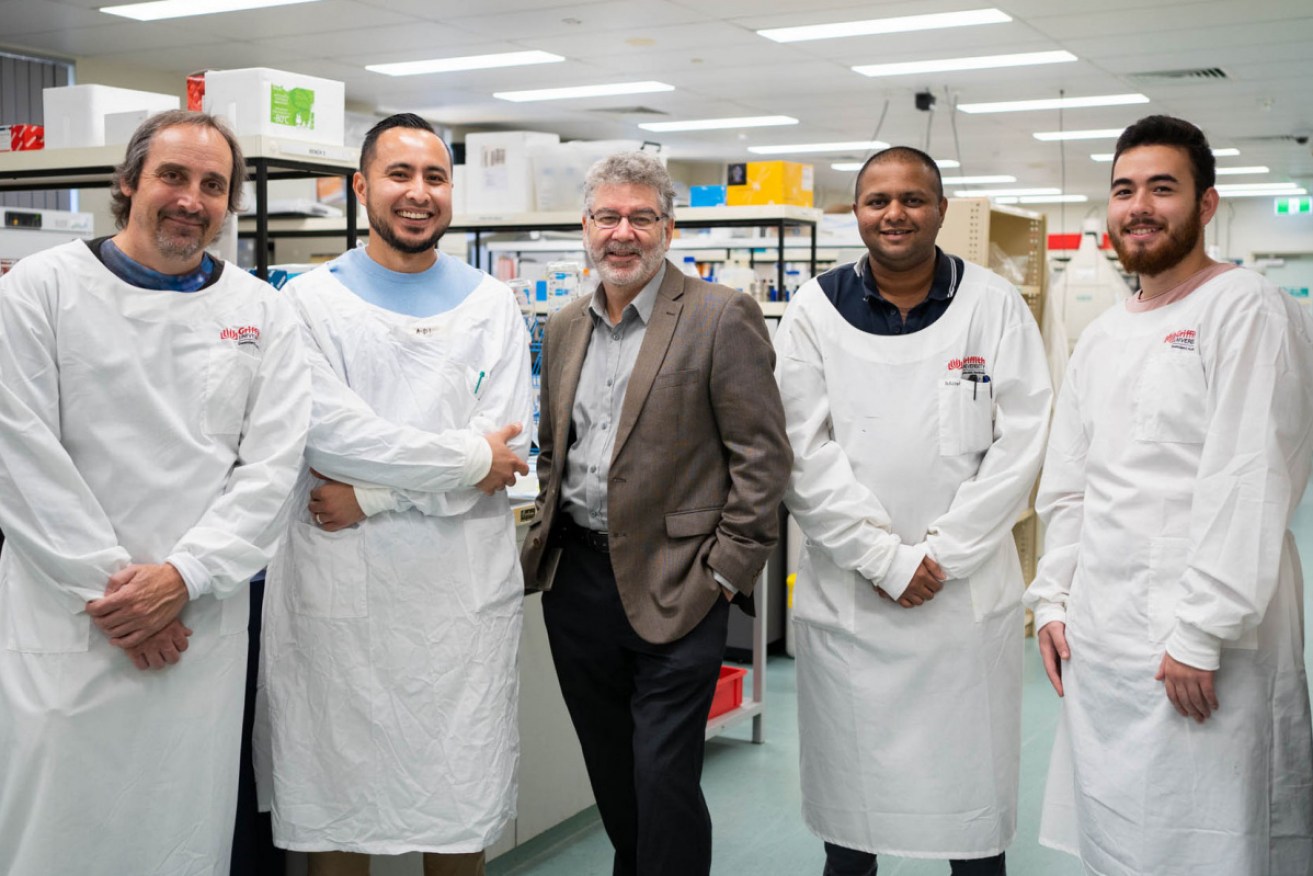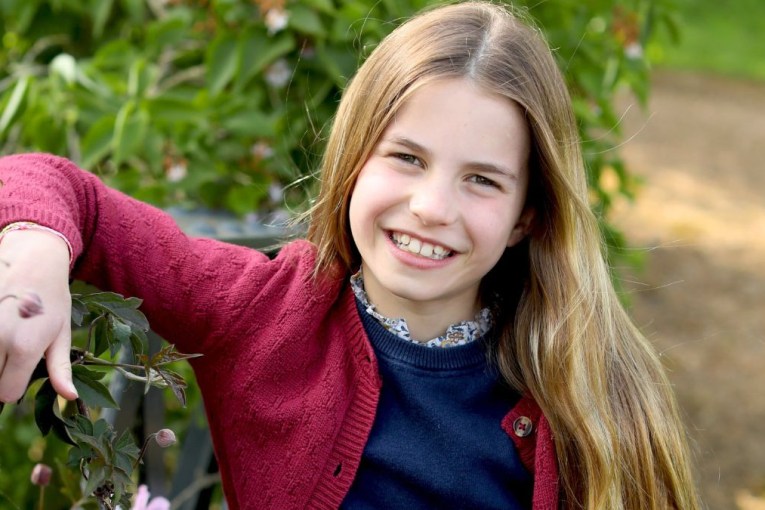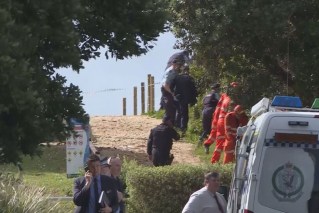Australian breakthrough: World-first antiviral uses nanoparticles to ‘search and destroy’ COVID


A team of Brisbane researchers has made a major breakthrough in the treatment of COVID. Photo: Griffith University
Queensland researchers, working alongside a US team of scientists, have developed an antiviral treatment that cut the COVID-19 viral load in infected mice by 99.9 per cent.
The breakthrough nanoparticle treatment could be available as early as 2023, depending on the next phase of clinical trials.
The team of scientists from the Menzies Health Institute Queensland at Brisbane’s Griffith University began collaborating with US research institute City of Hope in April 2019.
If clinical trials are successful, their research should mean any new COVID variants and any future coronavirus pandemics will be less devastating.
‘A seek and destroy mission’ against the virus
The treatment uses gene-silencing RNA technology that destroys the COVID-19 virus genome directly and stops the virus replicating.
Lead researcher Professor Nigel McMillan, from Griffith University, told the ABC it was a “seek and destroy mission” where the therapy genetically targeted the potentially deadly virus.
“It causes the genome to be destroyed and the virus can’t grow anymore – so we inject the nanoparticles and they go and find the virus and destroy it just like a heat-seeking missile,” Professor McMillan said.
“Remarkably, in treated survivors, no virus could be detected in the lungs,” he said.
“This is the first time we have been able to package this up as a particle, send it through the blood stream to attack the virus.

People exposed to COVID-19 could have one shot of the vaccine and be assured they wouldn’t get sick. Photo: AAP
Daily injections, or a single jab for those just exposed
“It is an injection that would be delivered daily into someone in ICU for four or five days, or as a single injection for someone just exposed,” Professor McMillan said.
“It allows us to treat those people who are suffering from the virus who are very sick, or those who may perhaps be in danger of being exposed to the virus, such as those in hotel quarantine.
US chief medical adviser Anthony Fauci has pointed out that, while we now have coronavirus vaccines, there is a lack of targeted treatments for the virus.
“This is really one of the first cabs off the rank in terms of a direct therapeutic, so we are really excited,” Professor McMillan said.
Hope for fighting future pandemics
The breakthrough also raises hopes that future pandemics will be less devastating as the treatment is designed to work on all betacoronaviruses such as the original SARS virus and MERS (Middle East respiratory syndrome), as well as any new COVID-19 variants that may arise in the future.
The treatment will also be able to be provided in remote locations or poorer countries, as the nanoparticles are stable for a year when kept cold and for longer than a month at room temperature.
“Remember this virus is not going away – we are going to be living with it forever now,” Professor McMillan said.
-with agencies








